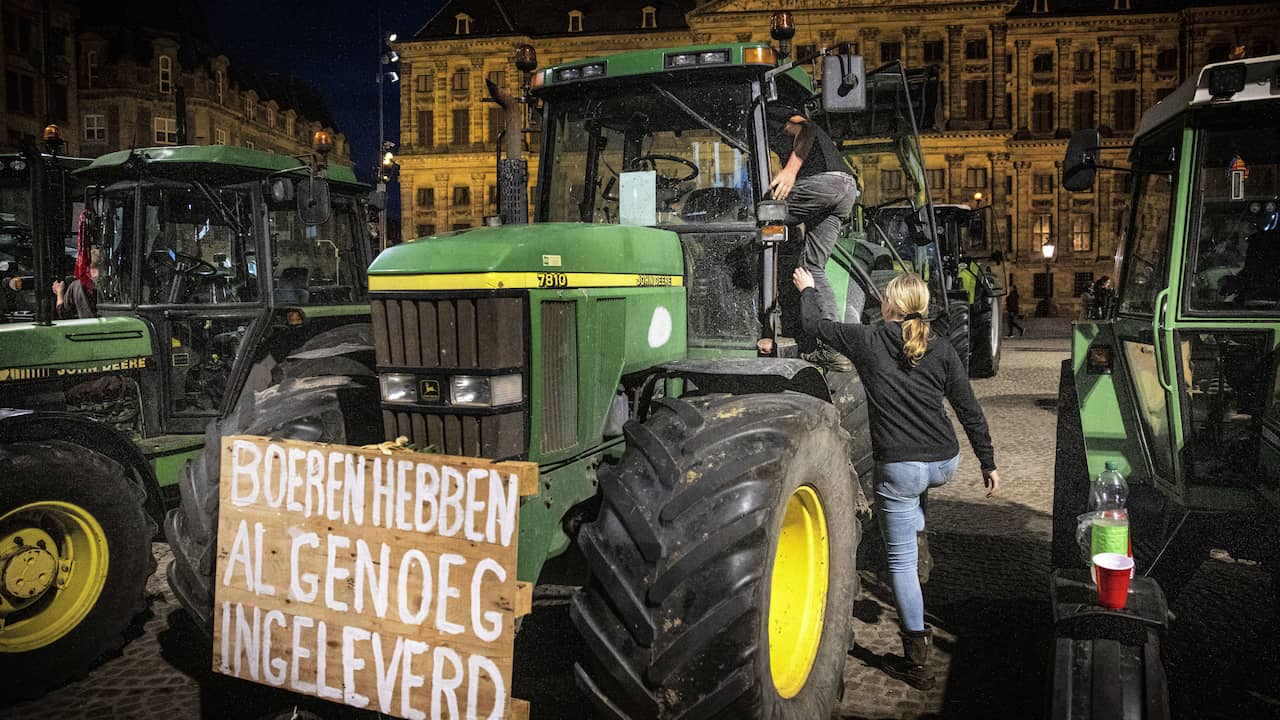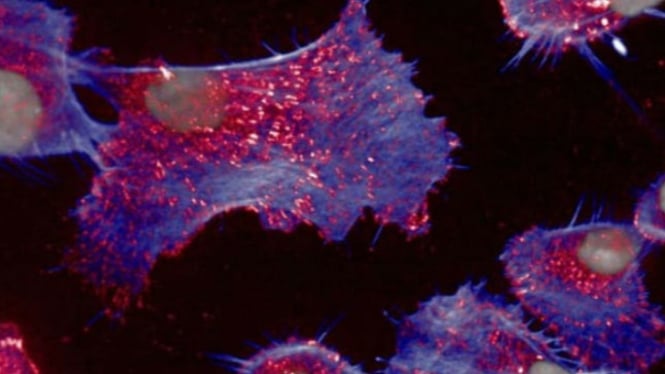The House of Representatives wants banks and agricultural companies to contribute to solving the nitrogen crisis. But Rabobank is not prepared to cancel the debts. However, the bank sees a major role for itself in tackling the crisis. For example, the bank is investing hundreds of millions of euros in making agriculture more sustainable, a spokesperson told NU.nl.
This happened before:
- The House of Representatives recently passed a motion asking the government to investigate whether companies and banks that benefited most from intensive livestock farming can contribute to solving the nitrogen crisis.
- The cabinet is allocating 24 billion euros for this. 7.5 billion of this is intended for buying out farmers. The initiators of the motion want ‘farmer’s bank’ Rabobank to also contribute to that fund.
- The coalition agreement already stated that a “non-binding contribution” is expected from banks, suppliers (such as animal feed companies) and the processing industry (slaughterhouses) for the transition to circular agriculture.
- At the request of the House of Representatives, the cabinet will in the near future investigate how such companies can make a mandatory contribution.
–
–
–
Rabobank informs NU.nl that the call from the House that the resources from the nitrogen fund should not flow to parties behind the farmers “is understandable”. A spokesperson says that the bank is “doing everything it can for a realistic and good solution” and “definitely wants to play a role in this”. The bank has a market share of 85 percent in the Netherlands in the food and agri sector, which includes not only livestock farming, agriculture and horticulture, but also the processing industry, suppliers and the retail sector (including supermarkets).
But there can be no question of canceling debts. According to the spokesperson, this is first of all impossible because the supervisors of the European Central Bank (ECB) are critical of this. In her guidelines does indeed state that debts should be forgiven “only with due caution”, otherwise the stability of the financial system would be endangered.
‘Full compensation by the government is paramount’
The bank says that “first and foremost” is that farmers who surrender land or business must be “fully” compensated for this by the government if their business or their land is “depreciated”. According to the bank, loans can only be forgiven if there are arrears of interest and repayments and companies have no collateral (such as land or machines), which is not often the case with agricultural companies. Because provinces still have to make decisions about the exact nitrogen reductions per area locations, a lot is still unclear, according to the spokesperson.
The fact that the bank does not want to cancel debts does not mean that Rabobank is thereby opposing the transition of agriculture in the Netherlands. On the contrary, the spokesperson emphasizes. The bank sees a role for itself in solving the crisis by sitting down with all parties to offer prospects to farmers who want to move on.
For example, the bank offers Brabant farmers who want to stop or move to another part of the country a helping hand. And in Friesland, the bank buys up land in collaboration with farmers and investors on which farming can be done “nature-inclusive”.
In addition, Rabobank says it is investing hundreds of millions in sustainability initiatives, whereby the bank is “satisfied with less or very limited financial returns”. For example, together with Univé and Greenchoice, asbestos roofs are being replaced by solar panels, and the bank, together with supermarkets and other parties, wants to provide products on the shelves for which consumers are willing to pay more.
Rabobank calls Van der Wal’s nitrogen plans ‘brave’
The bank previously responded positively to plans by nitrogen minister Christianne van der Wal. “It is good that this cabinet shows courage and does not shy away from difficult choices,” said a spokesperson. “The current agricultural system in the Netherlands has reached its limits, there is no doubt about that.”
After the presentation of the nitrogen plans, chairman of the board Wiebe Draijer said in mid-June Fidelity even if he finds the plans “brave”. He realizes that the limits have been reached and that nature is “rumbling backwards”. According to him, Rabobank is “doing everything possible to arrive at a good solution”.
The bank explicitly says that it is “not involved” in the farmers’ protests of recent weeks. It is true that Rabobank respects the farmers’ right to demonstrate, but according to the spokesperson, the actions are counterproductive and “do not lead to more empathy in the debate and perspective for farmers, which the silent majority craves so much”.
In doing so, the bank is making a different sound than farmers’ organization LTO Nederland, which spoke out against the cabinet in fierce terms. It is also not on the same page as large agribusinesses that not only took a square foot in the protests of farmers, but are also financially and organizationally involved in the radical farmers’ movement Agractie.
–


